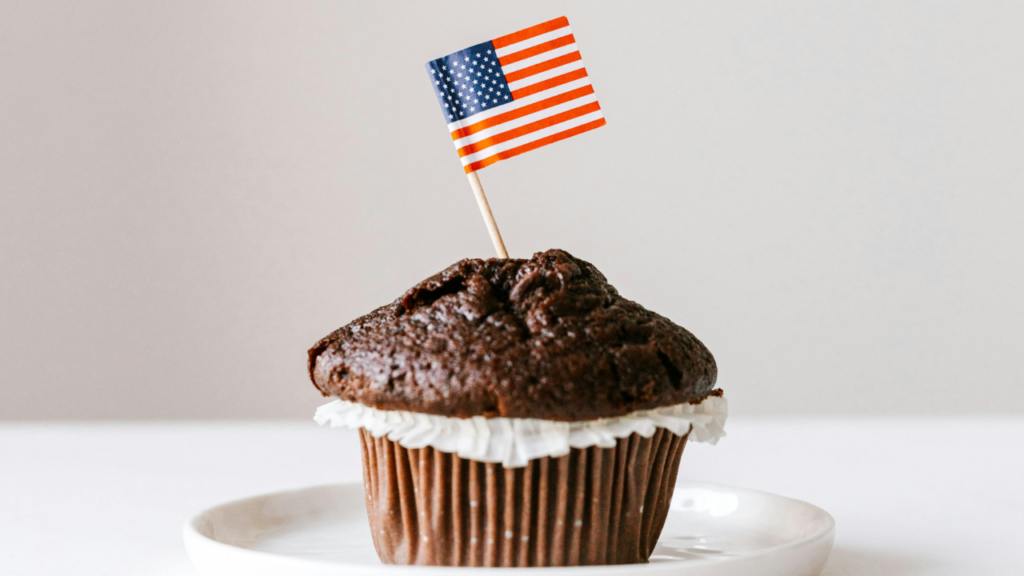The twinkling lights of winter celebrations, the excited chatter at birthday parties, the gathering of extended family for special occasions—these are moments many families cherish. Yet for families navigating life with autism, these same events can present a complex mix of joy and challenge. At their best, celebrations create lasting memories and strengthen family bonds. At their most difficult, they can become overwhelming experiences that leave both children and parents exhausted.
Many parents tell us that what should be joyful occasions sometimes become sources of stress as they try to balance their child’s needs with family traditions and social expectations. The good news is that with thoughtful preparation and creative adaptations, holidays and special events can become more accessible and enjoyable for everyone involved.
Understanding the Challenge Landscape
Children with autism often experience their surroundings with heightened sensitivity. The sensory-rich environment of celebrations—bright decorations, unfamiliar foods, loud music, and crowded spaces—can quickly become overwhelming. What registers as festive background noise to some may feel like an assault on the senses to others.
Beyond sensory considerations, celebrations frequently disrupt carefully established routines. The school holiday break means different daily schedules. Birthday parties introduce unfamiliar social rules. Family gatherings may take place in homes with different expectations. This unpredictability can create significant anxiety for children who rely on consistency to make sense of their world.
Social demands also intensify during special events. There are gifts to open with appropriate expressions of gratitude, relatives who expect hugs or conversation, and unwritten rules about behavior that may not be intuitive. These challenges don’t mean celebrations should be avoided—rather, they invite us to reimagine how these important traditions can work for every family member.

Meaningful traditions are at the heart of many celebrations and holidays
Building a Foundation for Success
Preparation is perhaps the most powerful tool families have when approaching special events. Creating visual calendars that show when celebrations will occur helps children understand what’s coming and reduces anxiety about unexpected changes. Many parents find that counting down to special days with a visual marker helps their child process the approaching event.
Social stories—simple narratives with pictures that explain what will happen during an event—can be invaluable preparation tools. A story about a birthday party might include photos of the venue, descriptions of activities that will take place, and strategies for handling exciting or challenging moments. These stories are most effective when personalized to your child’s specific concerns and reviewed regularly in the days leading up to the event.
When possible, practicing elements of the celebration beforehand can build confidence. This might mean visiting a relative’s home before the big family gathering, trying on special occasion clothes to ensure they’re comfortable, or role-playing social interactions like receiving gifts or greeting guests.
Many families also find it helpful to create a sensory profile of the event, identifying potential triggers and planning accordingly. This might involve mapping quiet spaces for breaks, bringing noise-canceling headphones, or packing familiar snacks when unfamiliar food will be served.
Tailoring Celebrations to Your Child
Birthday celebrations often present particular challenges due to their inherent excitement and social nature. Consider adapting traditional parties to better match your child’s comfort level. This might mean hosting smaller gatherings with just a few familiar friends, planning predictable activities with clear beginnings and endings, or choosing a special-interest theme that engages your child’s passions.
For major holidays with extended family gatherings, clear communication with relatives beforehand can prevent misunderstandings. Sharing simple information about your child’s needs—preferences around physical affection, signs they might be becoming overwhelmed, strategies that help them regulate—allows family members to connect meaningfully without inadvertently creating difficult situations.
Finding the right balance of participation is key. Some children do well attending an entire event with built-in breaks, while others may be more comfortable coming for just a portion of the celebration. Remember that quality of experience matters more than quantity of time spent at any gathering. A happy hour at a family reunion creates better memories than a miserable afternoon.
Preserving Traditions While Creating New Ones
Meaningful traditions are at the heart of many celebrations, and families often worry about how to maintain these important rituals when making accommodations. The secret often lies in identifying the essence of a tradition and finding flexible ways to honor it.
If your family values holiday meals together but your child struggles with long seated periods or unfamiliar foods, you might shorten the meal time, create a comfortable seating arrangement slightly removed from the main table, or incorporate favorite foods alongside traditional dishes. The core value of sharing food together remains intact while the implementation shifts to match your family’s needs.
Many families discover that necessity inspires new traditions that ultimately enhance celebrations for everyone. The quiet morning walk that helps your child regulate on busy days might become a special holiday tradition siblings look forward to each year. The alternative birthday celebration that focuses on experiences rather than presents might become a treasured approach to marking important milestones.
Managing Sensory Experiences
Sensory considerations touch every aspect of special events, from the clothing worn to the environments navigated. When possible, modify environments to reduce sensory overload. This might mean designating a quiet room during family gatherings, turning down music during portions of a celebration, or creating visual boundaries for crowded situations.
Preparation can include creating a portable sensory kit with items that help your child self-regulate—favorite fidget toys, headphones, sunglasses for bright environments, or comfort objects. Teaching and practicing sensory regulation strategies before events helps children recognize and respond to their own needs during celebrations.
Remember that sensory experiences aren’t always negative. Identifying sensory aspects of celebrations that your child enjoys—twinkling lights viewed from a distance, the texture of certain traditional foods, the deep pressure of winter clothing—allows you to intentionally incorporate these positive elements into your family’s experience.

The measure of a successful holiday or special event isn’t how closely it resembles a traditional model, but how well it works for your unique child and family
After the Celebration
The period following a special event often requires its own careful attention. Many children need time to decompress after sensory-rich experiences. Planning a quiet day after a major celebration gives everyone space to recover. This might include returning to familiar routines, engaging in calming activities, or simply providing more downtime than usual.
Taking time to process the experience together can be valuable as well. Looking at photos from the event, talking about favorite moments, or creating a memory book helps integrate the experience and builds skills for future celebrations.
Every successful navigation of a holiday or special event provides valuable information for the future. Noting what worked well, what caused difficulty, and how different supports helped creates a growing toolkit for your family. Celebrating small victories—moments of joy, challenges overcome, new skills demonstrated—reinforces progress and builds confidence for both children and parents.
A Personalized Approach
Perhaps the most important thing to remember is that there is no single “right way” to celebrate. The measure of a successful holiday or special event isn’t how closely it resembles a traditional model, but how well it works for your unique child and family. Some children thrive with adaptations to conventional celebrations, while others may need more significant departures from tradition.
What matters most is finding ways to preserve the connection, joy and meaning that make celebrations important in the first place. Sometimes this means educating others about your child’s needs, sometimes it means setting boundaries around participation, and sometimes it means reimagining celebrations entirely.
At Norfolk Autism Center, we believe that understanding your child’s individual needs and strengths is the foundation for creating meaningful experiences. We recognize that each family brings their own traditions, values, and hopes to this journey. If you’re looking for individualized support in navigating holidays and special events, we invite you to contact us at (757) 777-3229 or visit us at 152 Burnetts Way, Suffolk, VA 23434. Together, we can explore strategies that honor both your child’s needs and your family’s celebration traditions.




